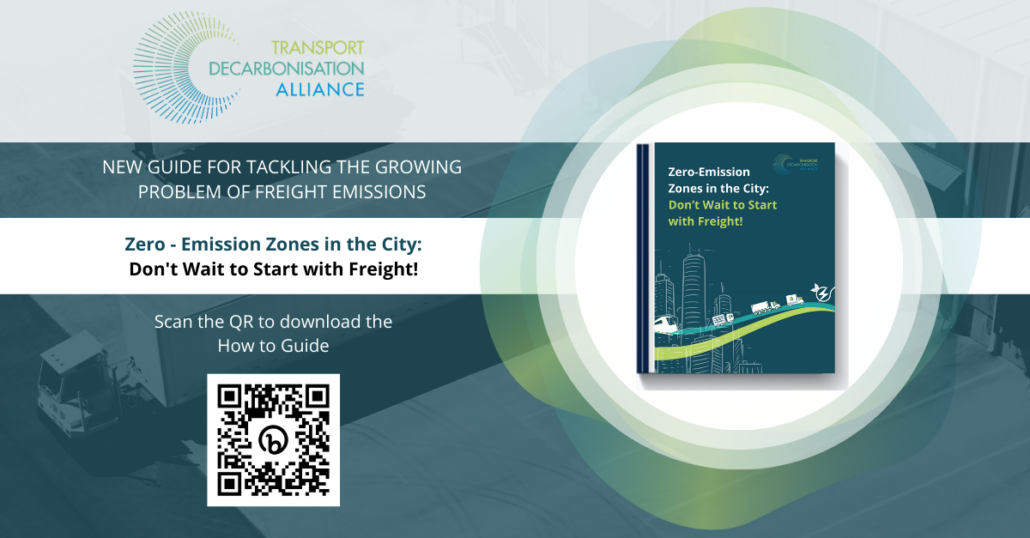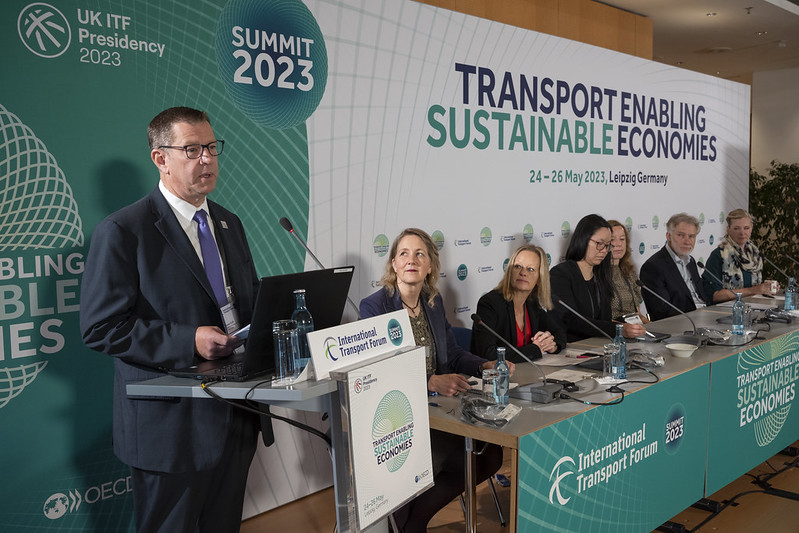The guide highlights that cities do not need extensive resources to plan for and successfully implement ZEZ-Fs. It showcases the work done by various cities, such as Bologna, London, Madrid, Quito, Rotterdam, Seoul, Taoyuan, which have implemented innovative actions and strategies through projects like the EcoLogistics: Low carbon freight for sustainable cities and the EU-funded SolutionsPlus.
The guide emphasizes that cities can start small and take concrete steps towards sustainable freight, aligning with local regulations and collaborating with stakeholders to ensure effective charging infrastructure for all classes of freight vehicles.
To facilitate the buy-in and approval necessary for ZEZ-Fs, the guide outlines a step-by-step approach that cities should consider. This approach includes obtaining relevant data, identifying a starting point for a ZEZ-F, engaging stakeholders, setting targets aligned with regional and international goals, clarifying regulatory powers, defining an implementation pathway and strategy, establishing an ambitious yet realistic timeline, conducting tests and pilot projects, evaluating results, and making necessary adjustments for further progress.




